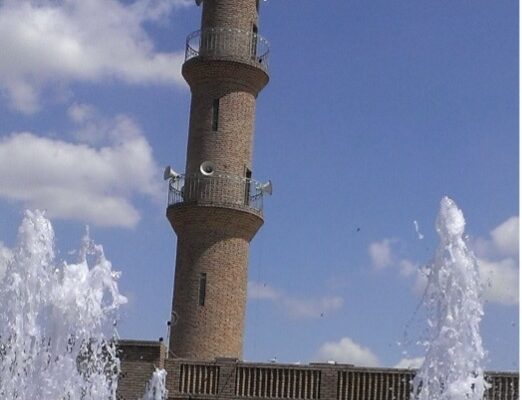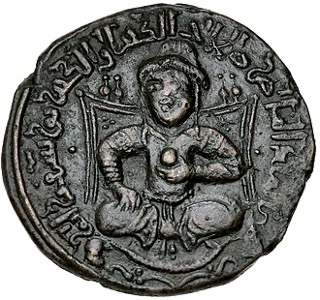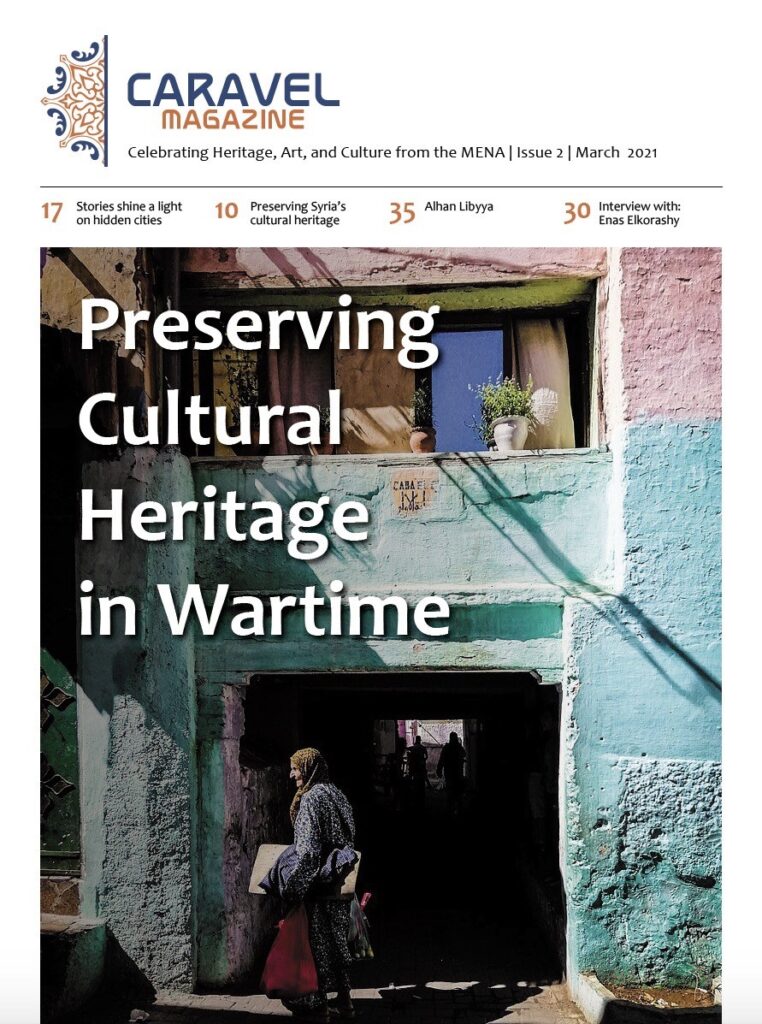By Roqaya El Guiri
“Your feet will bring you to where your heart is” – Irish proverb
Whether you wonder alleys in the old Medina, have a bite at a local street food cart, or appreciate the beauty of local artisan craft, the city of Fez has a lot to offer and can be explored from a fresh perspective during each visit.
I stepped foot in the city for the very first time and couldn’t help but dive deep in its own millennial civilization. Fez has shaped its own unique atmosphere through centuries, maintaining its status as Morocco’s cultural and spiritual centre since then.
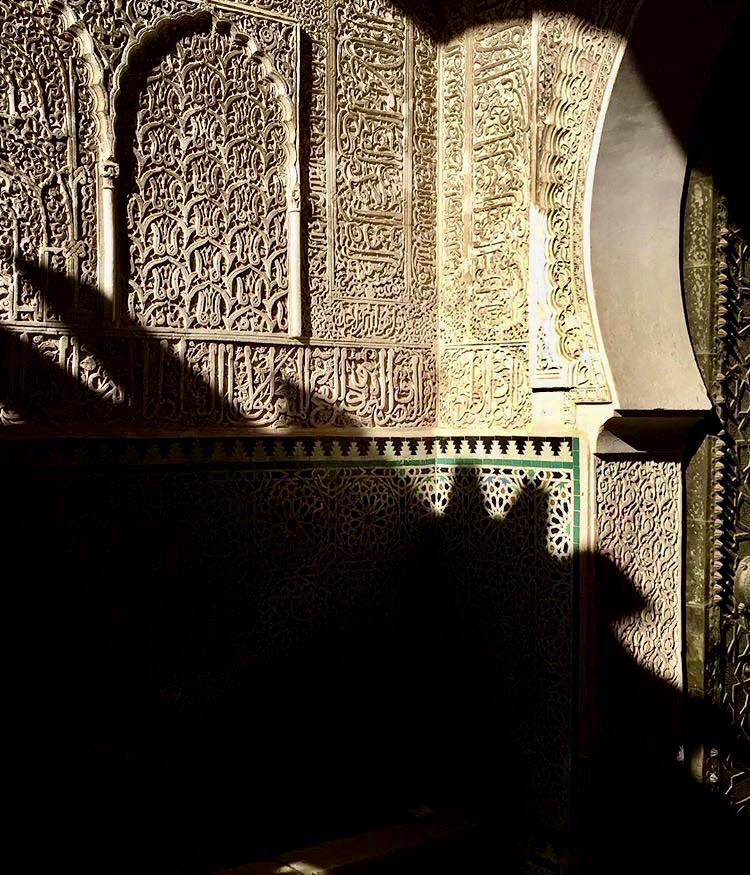
It was an early Saturday morning when Hajar, my university colleague and I got off the train and embraced the magic atmosphere of the City. The nearby Atlas Mountains blew off a thin air on the old buildings of the Medina. The streets were deserted, and most locals seemed to be enjoying their late morning sleep. It felt like we had the city for ourselves.
As much as it is enjoyable to get lost in the alleys of the city, Hajar was there to take all the fun of it. She recognises every corner of the old Medina, giving her multiple previous visits, mostly to see her sister who lives in the city. As we walked in the alleys of the Medina, beholding the charm of every detail, I felt ashamed for postponing the idea of visiting Fez until that moment, even though I lived and pursued my studies in Meknes (30 min drive from Fez).
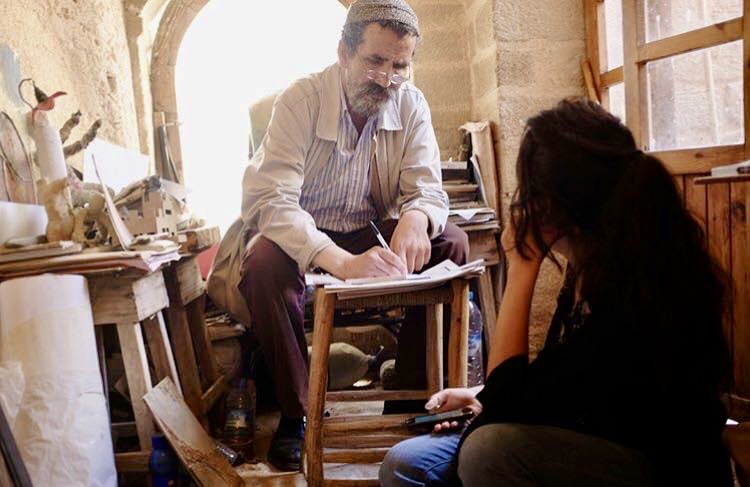
The city of Fez has a lot more to discover in just one day, so it was necessary to plan the journey well. At first, we stopped by the Royal Palace contemplating the forked artistic details of the entry gate, constructed in 1968 when the former king of Morocco Hassan II, had the palace restored.
We then walked to the Mellah, the historical Jewish quarter founded in 1942 after the catholic reconquest of Andalusia, forcing the Jewish community to seek refuge in the neighbour kingdom of Morocco. Until the late 1950s, the Mellah was a home for the Jewish community where they lived peacefully side by side with the Muslim population.
Indeed, several Jewish monuments still exist today such as synagogues, cemeteries, and museums. We heard from local tour guides that many houses in the Jewish quarter are still frequently visited by its original owners or their descendants.
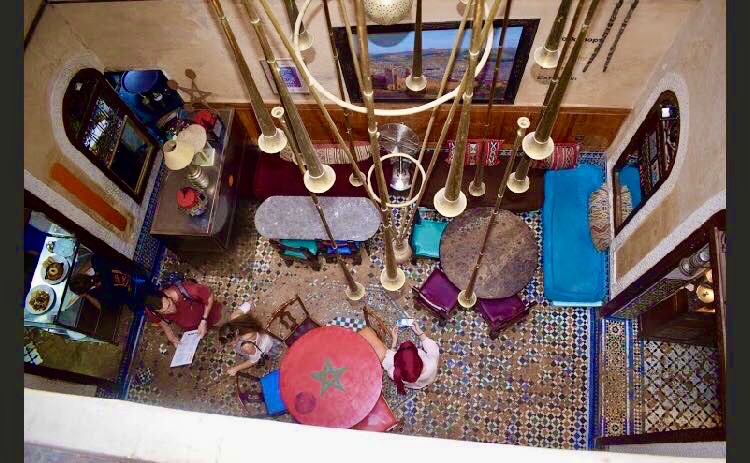
We didn’t realize how hungry we were until we got hit by a wave of delicious smells. We ended up at an alley crowded with food carts offering different meals but gathering all together to draw an invisible painting of delightful smells. It was hard to pick a spot while every vendor tries to lure you to their cart. We had beef sausages in a freshly baked bread generously seasoned with cumin and chili, to give it a kick and it only cost us £1 each.
After lunchtime, it is always a good idea to have Moroccan mint tea to digest a meal properly. Luckily, it was the showtime at the famous “Clock” café. The waiter served warm mint tea whilst the storyteller took a seat on a long chair, looking down at his small audience. In Arab countries, the storyteller is commonly called “Al Hakawati.” This character had been known as the professional reciter of heroic poetry who participated in transmitting the tales of Arabian nights and other Arabic oral folklore through generations. That day, we enjoyed fun stories about Juha, an authentic Arabic figure, combining wisdom, humour, and gentle absurdity.
As we left the café, the sunlight was slowly fading, and it was time to bid the Medina farewell. We stopped by a leather shop. My friend Hajar spotted a beautiful bag that she finally managed to buy after 30 minutes of serious haggling with the shop owner. The Medina of Fez offered us a last pleasure for the eyes. As we were heading outside the narrow alleys, we came across the Quarawiyine Mosque: the oldest university in the world, founded by the famous Fatima Al Fihria under the rule of Yahya ibn Muhammed.
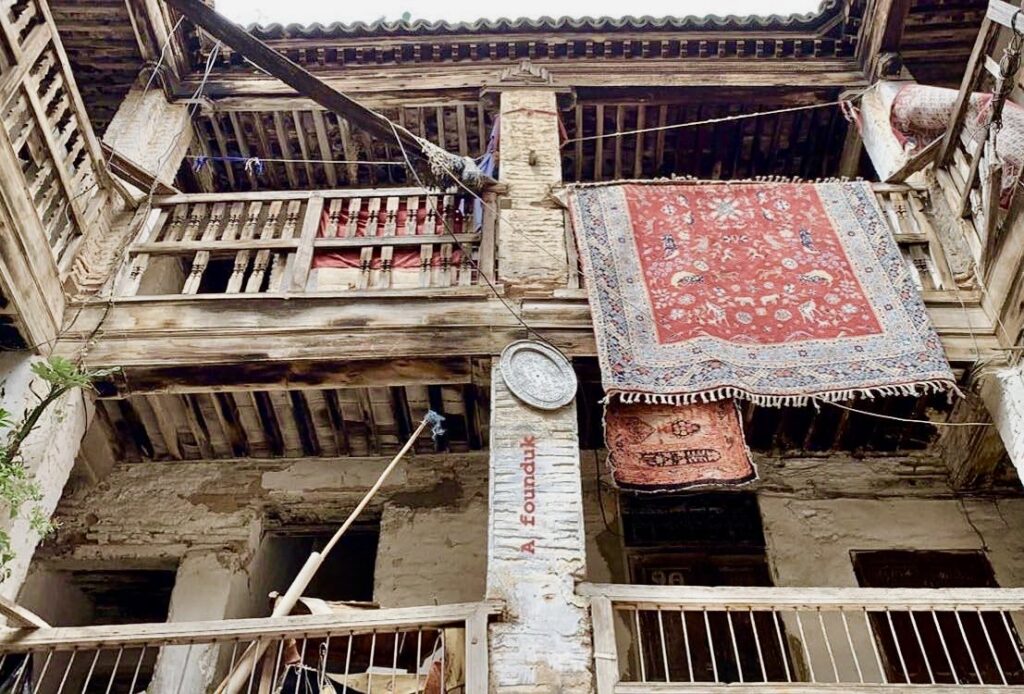
It takes more than just words to describe my real impressions of the Medina of Fez. It was more than an amazing tourist site that does not only please the eyes but also teaches the secrets of well-preserved ancient architecture. A one- day journey that will always stay deeply incised in the abysses of my soul.
* Roqaya El Guiri is a freelance journalist, translator and art curator


